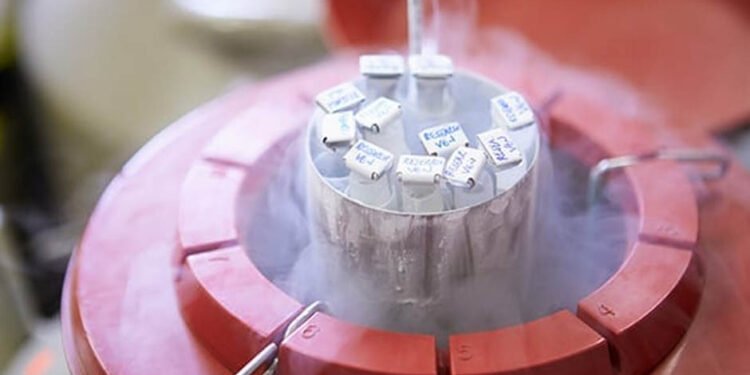Access to high-quality biological specimens is crucial in the dynamic world of biomedical research. A biobank is fundamental in facilitating advanced medical studies by providing researchers with various types of human tissue samples. Among the most commonly utilized are formalin-fixed, paraffin-embedded (FFPE) tissue samples, which are essential for studies in areas ranging from cancer research to genetic studies of disease pathogenesis. This article looks into the significance of FFPE tissue samples and explores additional resources that can enhance research outcomes.
Understanding FFPE Tissue Samples
FFPE tissue samples are a cornerstone resource in medical research due to their preservation of cellular details, allowing for in-depth histological analysis over time. These samples undergo a meticulous process where tissue is first fixed in formalin to preserve biological tissues from degradation, then embedded in paraffin wax to provide a solid medium suitable for thin-section cutting. This technique not only preserves the structural integrity of tissues but also makes it possible to store them at room temperature, greatly facilitating long-term storage and accessibility for research. The stability of FFPE samples makes them ideal for retrospective studies, where researchers analyze historical samples for modern research questions. Moreover, the compatibility of FFPE samples with numerous staining techniques, including immunohistochemistry, allows for versatile applications in pathology and research.
Applications of FFPE Tissues in Medical Research
The primary use of these tissues in research is to examine the cellular makeup and molecular structure within normal and diseased tissues. These tissues are invaluable in cancer research, where they are used to identify tumor markers and understand cellular interactions within malignant tissues. Beyond oncology, these samples are instrumental in studying a wide range of disease states, providing insights that drive the development of targeted therapies and diagnostic tools. The ability to perform DNA and RNA extraction from these tissues also opens up opportunities for genetic and genomic studies, which are pivotal in understanding the genetic underpinnings of diseases and discovering new therapeutic targets.
Rapid Access and Delivery of Tissue Samples
One key advantage of utilizing a specialized biobank for these tissue samples is its rapid access and prompt delivery. Researchers can obtain necessary samples swiftly, often by the next day after placing an order, ensuring that the pace of research projects remains uninterrupted. This efficiency is crucial for time-sensitive projects where delays impact research outcomes and funding. The streamlined logistics and handling provided by experienced biorepositories also ensure that the integrity of the samples is maintained during transit, arriving in optimal condition for immediate use in experiments.
Beyond FFPE Tissues
While these tissues are a significant aspect of biorepositories, they often offer a broader range of specimens to meet diverse research needs. Fresh frozen tissues and matching biofluid sets are also available, providing researchers with a more comprehensive set of biological materials. Fresh frozen tissues offer the advantage of preserving DNA, RNA, and proteins in a state most similar to their natural one, which is vital for specific biochemical and molecular analyses. These alternatives to FFPE provide invaluable resources for applications requiring intact biomolecules, such as proteomics and advanced genomic studies, further enriching scientific research possibilities.
Cost-Effectiveness and Budget Planning
Understanding the cost structure of obtaining high-quality tissue samples is essential for budget planning in research projects. Biorepositories typically provide an average pricing model for These blocks, allowing research teams to forecast their expenses accurately. By knowing these costs upfront, researchers can better allocate their resources, ensuring that their project remains within budget while still accessing the high-quality samples required for their studies. Additionally, working with a reputable biorepository can lead to savings in the long term by lowering the incidence of unusable samples and providing volume discounts for large-scale studies. This financial predictability is crucial for long-term project planning and securing funding.
Using a biorepository specializing in FFPE human tissue samples, fresh frozen tissues, and biofluids is an invaluable resource for advancing medical research. These facilities offer a diverse array of biospecimens and ensure rapid delivery and cost transparency, which are critical to the success of modern biomedical investigations. As research evolves, these specialized repositories will become increasingly crucial in overcoming disease challenges and enhancing health outcomes globally.












